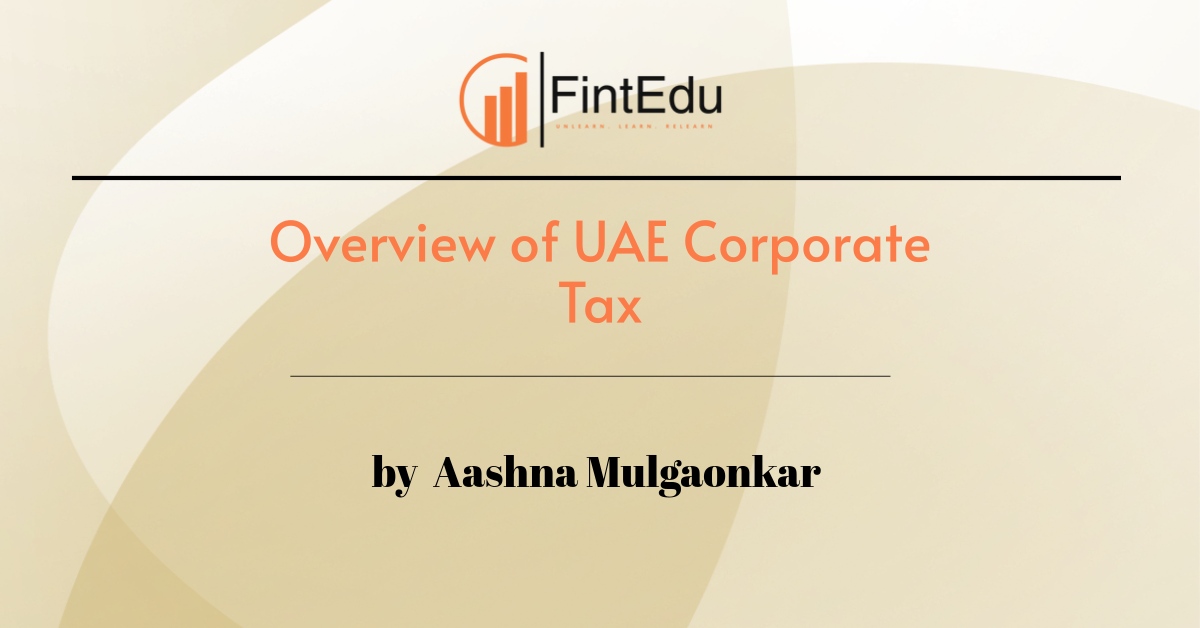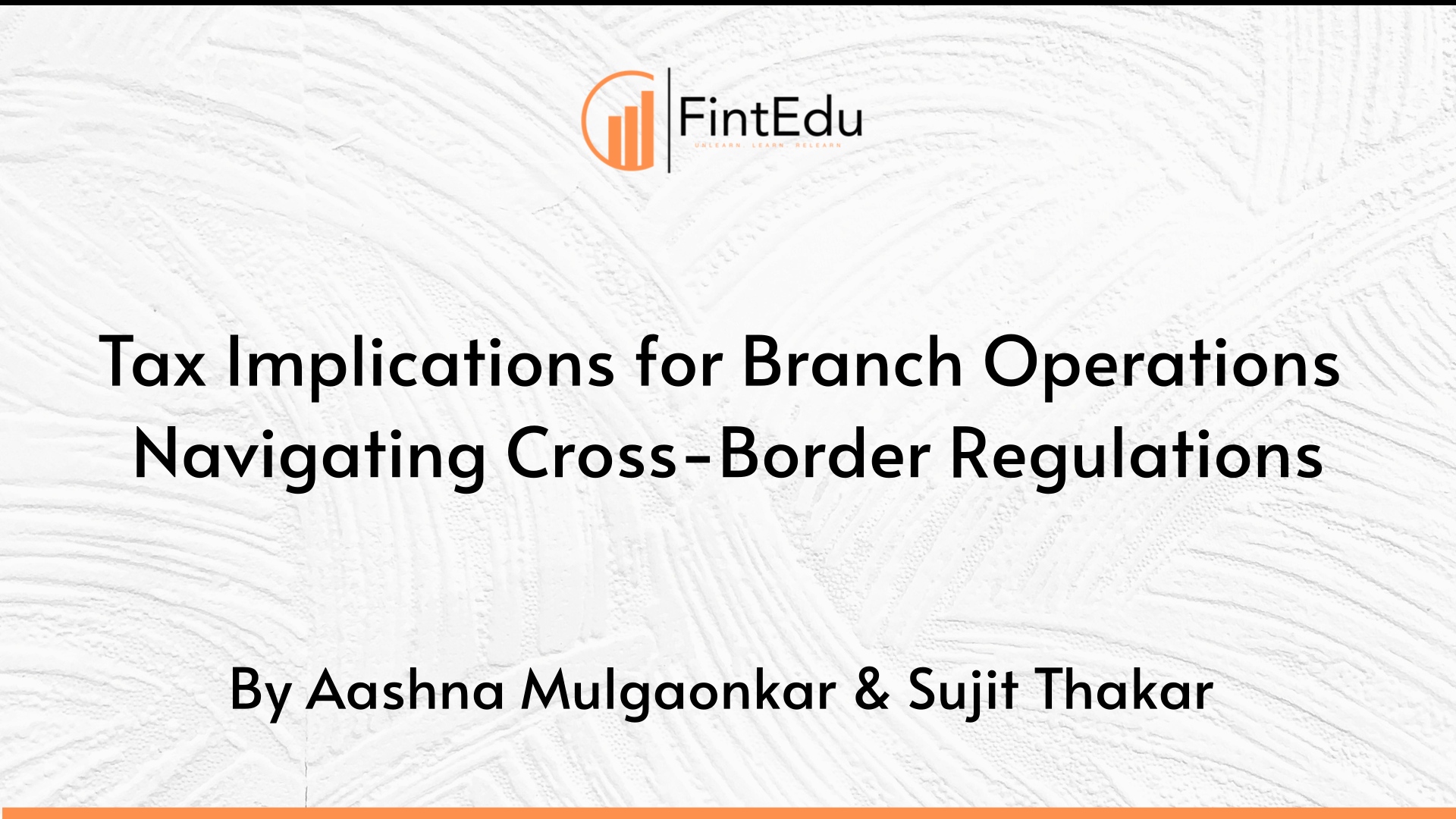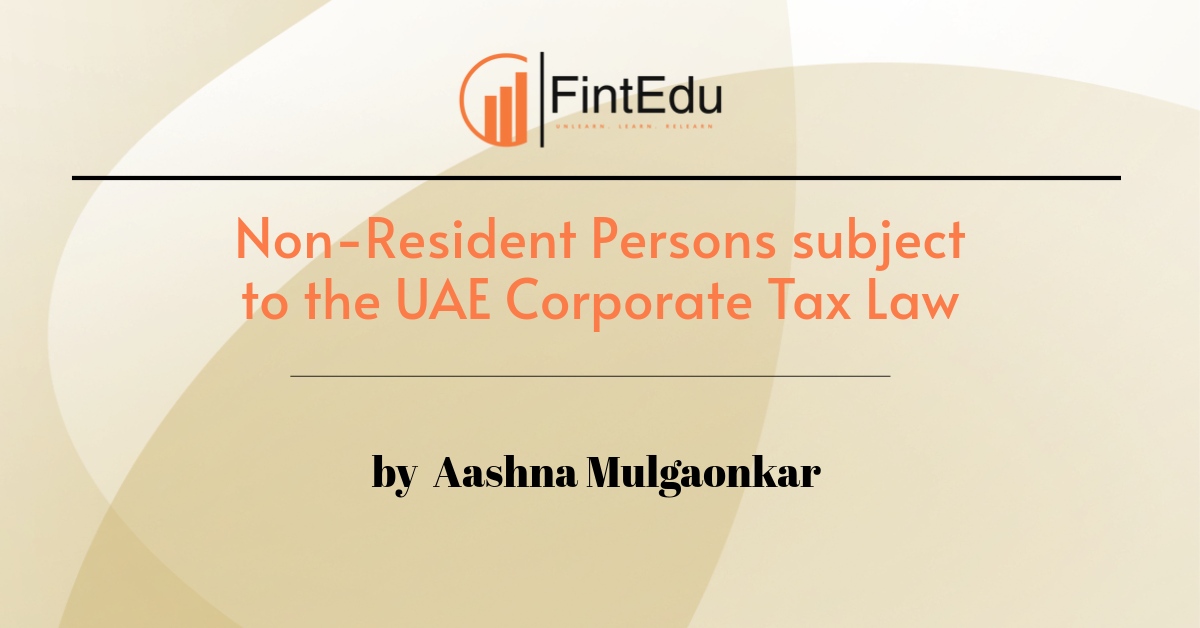LISTEN TO THE ARTICLE
Overview
The United Arab Emirates is a federation of seven Emirates with autonomous federal and local governments. The UAE has historically been a low-tax jurisdiction. Until the introduction of the Foreign Direct Investment Law in late 2018, it was a federal requirement for at least 51% of the shares of a company to be held by a UAE national. As a result, free zones were established to attract foreign businesses to the region wishing to have full control of their business. And such free zones offered 100% ownership by expatriates and 100% tax-free regime promotions. However, the federal and local governments are entitled to levy taxes on citizens and companies. Currently, UAE levies value-added and excise taxes were introduced in 2018, and corporate tax was introduced on 1st June 2023; other forms of taxes currently in some emirates are on property transfer and tourism taxes. Some emirates also charge corporate taxes on oil companies and foreign banks.
The United Arab Emirates has a well- established infrastructure, a stable political system, and one of the most liberal trade regimes in the Gulf region. It continues to be increasingly important, relevant, and attractive to businesses worldwide as a place to do business and as a hub for the region and beyond. The United Arab Emirates is also one of the best examples of an economy that has successfully moved away from reliance on the energy sector. A significant proportion of the gross domestic product (GDP) is derived from non-oil revenues. Over the past few years, the UAE has taken significant steps to enhance tax transparency and to facilitate the exchange of information for tax purposes by bringing its domestic tax rules into line with international standards.
The OECD work on Action 1 is based on two pillars and has become known as the BEPS 2.0 project. Pillar 1 deals with allocating taxing rights between jurisdictions and nexus rules, whereas Pillar 2 deals with the proposal for a global minimum tax regime. Recently OECD issued a blueprint on Pillar 2, which deals with the development of global minimum tax rules to ensure that the worldwide income of businesses is subject to an agreed minimum rate of tax regardless of where they are headquartered or operate, thereby limiting the incentives for businesses to locate functions, activities, and profits in low-tax jurisdictions.
Currently, most jurisdictions tax income if the entity generating the income is a resident or has a permanent establishment in the country; otherwise, the entity derives local source income. A consequence of Pillar 2 is that subject to any minimum threshold (currently, a EUR 750 million annual group consolidated revenue threshold is proposed for the rules to apply to a multinational enterprise), overseas jurisdictions will be granted additional taxing rights where other jurisdictions, such as the UAE have not exercised their taxing rights or income is subject to low rates of tax.
Federal Decree-Law No. 47 of 2022 on the taxation of Corporations and Businesses was published in the official Gazette of the United Arab Emirates (“UAE”) on 10th October 2022. It provides a legislative basis for imposing a federal tax on corporations and business profits (“Corporate Tax”) in the UAE. It comprises 20 chapters and 70 articles, covering, inter alia, the scope of Corporate Tax, its application, and rules about compliance and the administration of the Corporate Tax regimes.
Next Steps
As a business, you should evaluate the impact of the above-mentioned provisions on your operations and take an informed decision on the applicability of the Corporate Tax in the UAE for your business.
The 20 Chapters of Law are as follows:
Sr No. Chapters
1. General provision
2. Imposition of corporate tax and rates
3 Exempt Personas
4 Taxable Person and Corporate Tax Base
5 Free zone person
6 Taxable Income
7 Exempt Income
8 Reliefs
9 Deductions
10 Transactions with related parties and connected persons
11 Tax Loss Provisions
12 Tax Group Provisions
13 Calculation of Corporate tax payable
14 Payment and Refund of Corporate tax
15 Anti-Abuse Rules
16 Tax registration and De-registration
17 Tax returns and clarifications
18 Violations and Penalties
19 Transitional Rules
20 Closing Provisions
Disclaimer: The content on this website is provided for general informational purposes only. It is not intended as professional advice and should not be construed as such. The information is based on the knowledge and experience available at the time of writing and is subject to change.


